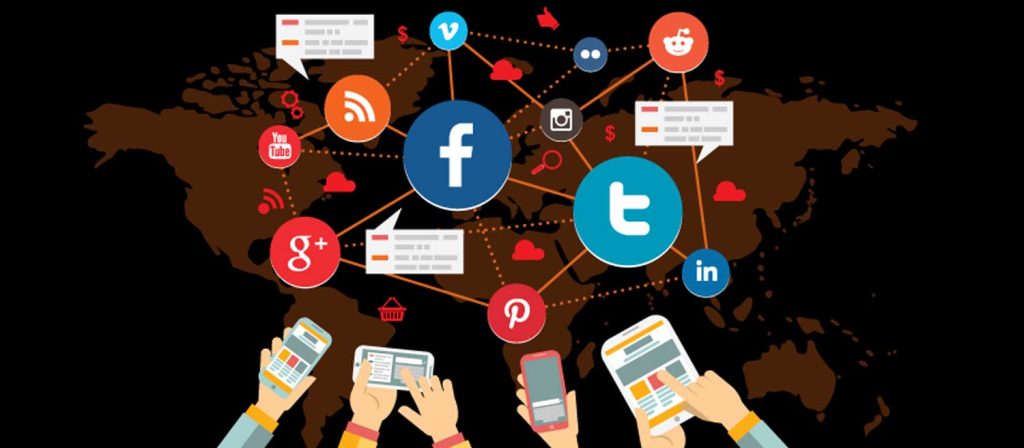Artificial Intelligence (AI) is transforming industries across the globe, and sports is no exception. From analyzing player performance to developing game strategies, AI is becoming an essential tool for teams, coaches, and analysts. This blog explores how AI is used in sports analytics to enhance performance, inform strategic decisions, and drive innovation in the world of sports.
AI in sports analytics starts with data collection. Modern sports generate vast amounts of data from various sources, including player statistics, game footage, and sensor technologies. AI-driven systems process and analyze this data to provide insights that were previously unavailable or difficult to interpret. The advent of advanced algorithms and machine learning techniques allows teams to extract actionable intelligence from this data, offering a competitive edge in both training and gameplay.
One of the primary applications of AI in sports is player performance analysis. Coaches and analysts use AI to assess individual player metrics, such as speed, accuracy, and endurance. By analyzing data from wearable sensors, video footage, and game statistics, AI algorithms can identify patterns and trends that highlight a player’s strengths and weaknesses. For instance, AI systems can track a soccer player’s movements on the field to measure their sprinting speed, ball control, and positioning. This detailed analysis helps coaches tailor training programs to address specific areas for improvement and optimize player performance.
In addition to performance analysis, AI plays a significant role in game strategy development. AI-powered tools analyze historical game data, opponent tactics, and real-time game conditions to develop strategic recommendations. Machine learning models can simulate different game scenarios and predict the outcomes of various strategies, helping coaches make informed decisions during games. For example, AI can analyze an opponent’s past games to identify their play patterns and suggest counter-strategies. This predictive capability allows teams to prepare for potential challenges and adjust their tactics in real-time, enhancing their chances of success.
AI is also used to develop advanced scouting techniques. Traditional scouting methods involve extensive manual observation and analysis, but AI can streamline this process by automating the evaluation of potential recruits. AI-driven scouting platforms analyze player statistics, performance metrics, and video highlights to identify promising talent. These platforms use algorithms to assess players’ skills and potential, providing scouts with comprehensive reports and recommendations. This data-driven approach helps teams make more objective and informed decisions when recruiting new players.
Another area where AI is making an impact is injury prevention and management. Sports injuries can have significant consequences for both players and teams, and AI offers tools to reduce these risks. Machine learning algorithms analyze data from wearable sensors, medical records, and training sessions to predict the likelihood of injuries and suggest preventative measures. For instance, AI systems can monitor a player’s training load, biomechanics, and recovery patterns to identify signs of overtraining or fatigue. This proactive approach helps teams manage player health and prevent injuries before they occur.
AI is also transforming fan engagement through personalized experiences and interactive content. AI-powered platforms analyze fan behavior, preferences, and interactions to create customized content and enhance the fan experience. For example, AI can generate personalized highlights, recommend relevant content, and offer interactive features such as virtual stadium tours. These technologies not only engage fans but also provide valuable insights for marketing and business strategies.
In addition to these applications, AI is being used to develop innovative sports technologies. For example, AI-driven video analysis tools enhance the accuracy of officiating decisions by providing detailed replays and simulations. These tools help referees make more accurate calls during games, reducing the likelihood of errors and improving the fairness of the competition. AI is also used in developing advanced sports equipment, such as smart wearables and performance-tracking devices, which provide athletes with real-time feedback and performance metrics.
The impact of AI on sports analytics extends beyond individual teams and players. AI technologies are shaping the broader sports ecosystem by influencing how games are played, analyzed, and consumed. For instance, AI-driven analytics are used by broadcasters to create engaging content for viewers, such as in-depth game analyses, player statistics, and interactive features. This technological advancement enhances the viewing experience and broadens the appeal of sports to a global audience.
Despite the numerous benefits of AI in sports analytics, there are also challenges and considerations that must be addressed. One challenge is the need for high-quality data. AI systems rely on accurate and comprehensive data to produce reliable results. Ensuring data quality and addressing issues such as incomplete or biased data are crucial for the effectiveness of AI-powered analytics.
Another challenge is the ethical use of AI technologies. As AI becomes more integrated into sports, it is important to consider the implications for privacy, fairness, and transparency. Ensuring that AI technologies are used ethically and responsibly is essential for maintaining the integrity of the sport and protecting the interests of players, teams, and fans.
Additionally, there is the challenge of integrating AI technologies into existing sports practices. Adopting new technologies requires training, adaptation, and collaboration among players, coaches, and analysts. Overcoming resistance to change and ensuring that AI tools complement rather than disrupt traditional methods are important for successful implementation.
Looking ahead, the future of AI in sports analytics is promising. As AI technologies continue to evolve, they will offer new opportunities for enhancing performance, developing strategies, and engaging fans. Innovations in machine learning, data analysis, and sensor technologies will drive advancements in sports analytics and open up new possibilities for the future of the sport.
AI in sports analytics is transforming how teams, coaches, and analysts approach performance evaluation, game strategy, and fan engagement. From analyzing player metrics to developing strategic recommendations, AI is enhancing various aspects of the sports experience. The use of AI technologies in scouting, injury prevention, and fan engagement illustrates the diverse applications of AI in the sports industry.
As AI continues to advance, its role in sports analytics will expand, offering new tools and techniques for improving performance and achieving success. The ongoing development of AI technologies will shape the future of sports, providing innovative solutions for teams and fans alike.
The integration of AI into sports analytics is not just about leveraging technology for immediate gains but also about setting the stage for future advancements and exploring new frontiers in the world of sports.
With the potential for AI to revolutionize sports practices and enhance the overall experience, the future of sports analytics looks brighter than ever.
From Our Editorial Team
Our Editorial team comprises of over 15 highly motivated bunch of individuals, who work tirelessly to get the most sought after curated content for our subscribers.




